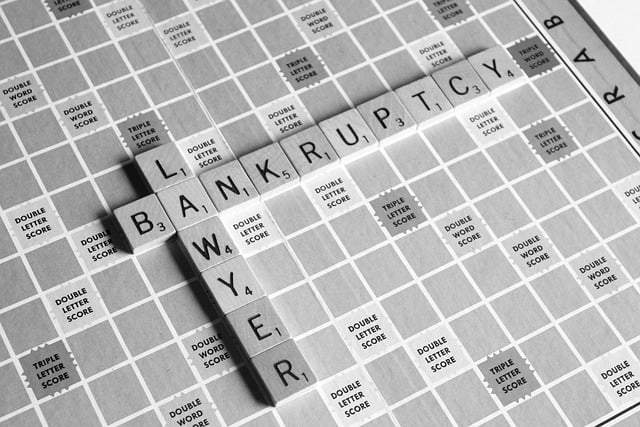Understanding Different Types of Bankruptcy (Chapter 7 vs. Chapter 13)

If you’re considering bankruptcy as a way to address overwhelming debt, you’ve likely come across terms like “Chapter 7” and “Chapter 13.” Understanding the key differences between these two types of bankruptcy can help you make an informed decision about which option is best for your financial situation.
Chapter 7 Bankruptcy: Liquidation
Chapter 7 bankruptcy, often referred to as “liquidation bankruptcy,” is designed for individuals with limited income who cannot repay their debts. In this process, a bankruptcy trustee may liquidate (sell) some of your non-exempt assets to repay creditors. However, most people who file for Chapter 7 are able to protect essential assets through exemptions.
Will You Lose Your Home in Chapter 7?
If you own a home, keeping it in Chapter 7 bankruptcy depends on several factors, including the amount of equity you have in the property and the exemptions available in your state.
- Exemptions: Many states provide a homestead exemption, which allows you to protect a certain amount of equity in your home. If your home equity is below the exemption limit, you will likely be able to keep your house.
- Current Mortgage: You must continue making mortgage payments if you want to keep your house. If you’re behind on your mortgage and can’t catch up, Chapter 7 may not be the best option, as foreclosure could still occur.
If your equity exceeds the homestead exemption, the trustee may sell your home to pay off your creditors. However, this is less common in Chapter 7 filings since many homeowners qualify for exemptions.
Chapter 13 Bankruptcy: Reorganization
Chapter 13 bankruptcy is sometimes called “reorganization bankruptcy.” It’s ideal for individuals with a steady income who are struggling to manage their debts but want to keep their assets, including their home. Unlike Chapter 7, Chapter 13 allows you to restructure your debts into a 3- to 5-year repayment plan based on your income.
Will You Lose Your Home in Chapter 13?
Chapter 13 offers more flexibility in allowing you to keep your home. Here’s how it works:
- Repayment Plan: You can include any overdue mortgage payments in your Chapter 13 repayment plan, giving you time to catch up while continuing regular payments moving forward. This can be a significant advantage if you’re behind on your mortgage.
- No Liquidation: In Chapter 13, your assets, including your home, are not sold to pay off creditors. As long as you follow the terms of the repayment plan and keep up with future mortgage payments, you can keep your house, regardless of how much equity you have.
Which Option is Right for You?
Choosing between Chapter 7 and Chapter 13 depends on your financial circumstances:
- If you have little or no disposable income: Chapter 7 might offer a quicker way to eliminate unsecured debts, but it could put your home at risk if you have significant equity.
- If you have a regular income and want to keep your home: Chapter 13 might be a better fit, especially if you’re behind on mortgage payments but can afford to catch up over time.
Conclusion
Deciding between Chapter 7 and Chapter 13 can be challenging, especially when considering the future of your home. If you’re unsure which option is best for you, consulting a bankruptcy attorney can help you navigate the process and determine the right course of action based on your unique financial situation. Whether you qualify for Chapter 7 or Chapter 13, knowing your options and how they affect your home is crucial in making an informed decision about your financial future.


